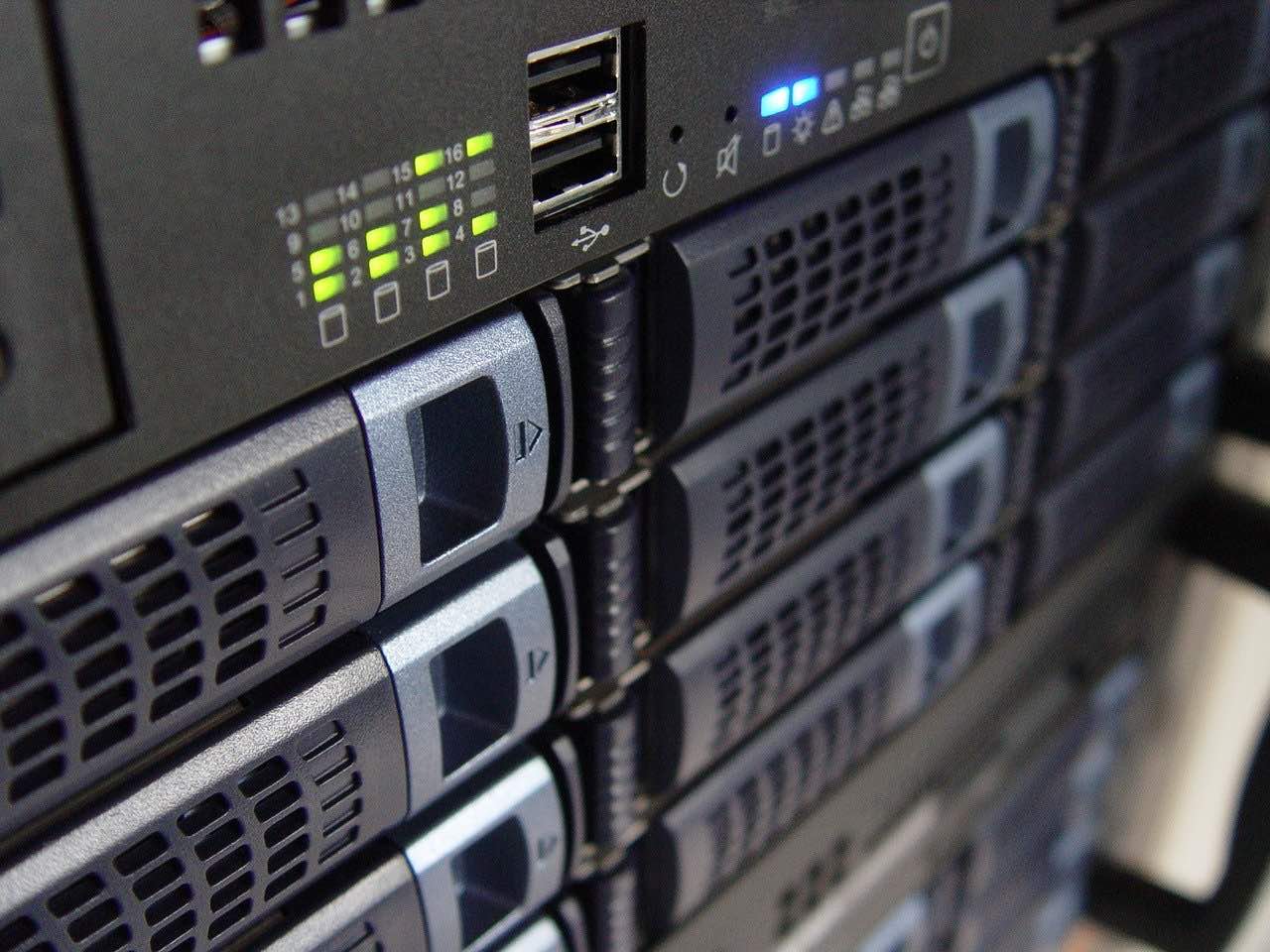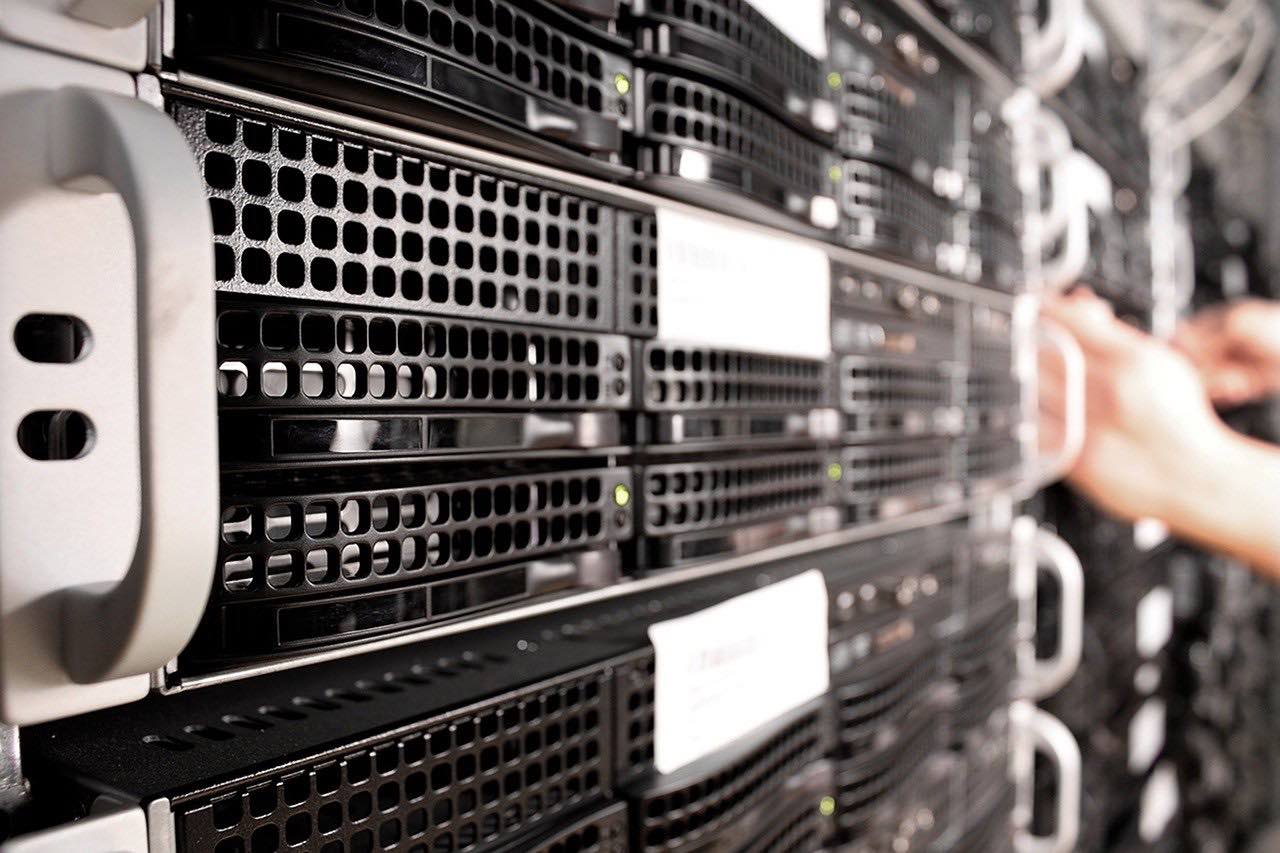The RAID storage services are used to strengthen the reliability of the data storage on the hard drives. It involves establishing multiple hard disks in one row that work collectively to improve the performance of the businesses. It is an effortless way of collecting the same data in different places. Keeping an eye on the bottom line, these disks will work together to improve the speed and handle large volumes of data. The RAID servers are categorized into levels depending on the number of hard drives. Thus, RAID storage helps in storing the data and evade data loss.
The loss of data can have more enormous implications on business and destroy its day-to-day functioning. It can agitate the business and its reputation. To help the companies in data loss, the RAID recovery services are there to your rescue. The RAID recovery services aim at recovering or restoring the data from the raid storage unit. It consolidates both the manual and automatic data processes to retrieve the data from all the storage components. The potential causes of raid failure are listed below:
Attack by viruses: There may be instances when malicious viruses attach to your system. Once these viruses enter your system, the files and essential documents in the system become inaccessible. Even if a robust antivirus program defends the raid servers, the viruses can still make their place and lead to rapid failure. This failure will, in turn, lead to immense data loss in the business.
Power surge: Power surges can happen due to unexpected increases in the voltage. It is so high that your computer fails to take this heavy voltage and eventually fails. As the power surge can degrade the personal system, it can also affect the hard drive in the RAID array and lead to data loss.
Natural disasters: This is one of the common causes of data loss. Natural disasters can take any form and destroy information. Natural disasters such as floods, earthquakes and fire are uncertain and cannot be predicted. If the data is stored in one device, there is a considerable risk of losing the data. These disasters can leave the raid systems useless and put damage the hardware and the software.
Drive failure: Yet another cause of the raid failure is the drive failure. The primary function of the RAID is to protect data if one or two drive fails. If one or two drives in the RAID corrupt, the adjacent drives can see multiple problems which cannot be operated. Thus, it becomes crucial to check the drives and their efficiency. Any problem with one drive should not be neglected.
Deletion of data: Data deletion is a widespread occurrence that can happen unintentionally. We may be suddenly clicking on the files we don’t want to delete. This may be physical deletion or occur due to technical failure. The data may be corrupted or made inaccessible. While reformatting, you may suddenly delete the data you don’t intend to. So, this can directly impact the raid servers, and the data may no longer serve you.
Application upgradation: There may be instances when your application is put on upgradation. This is sometimes lead to the occasional data loss while your software is updating. While the new features are being added to your system, you may lose access to the old files.
RAID partition: This works by spreading the data all over the disks. You may be employing partitioning to avoid any loss of speed. A RAID failure can generally occur when the system doesn’t find the partition it expects. This may happen when the recently modified partitions or the RAID striping has failed, leading to corruption.








